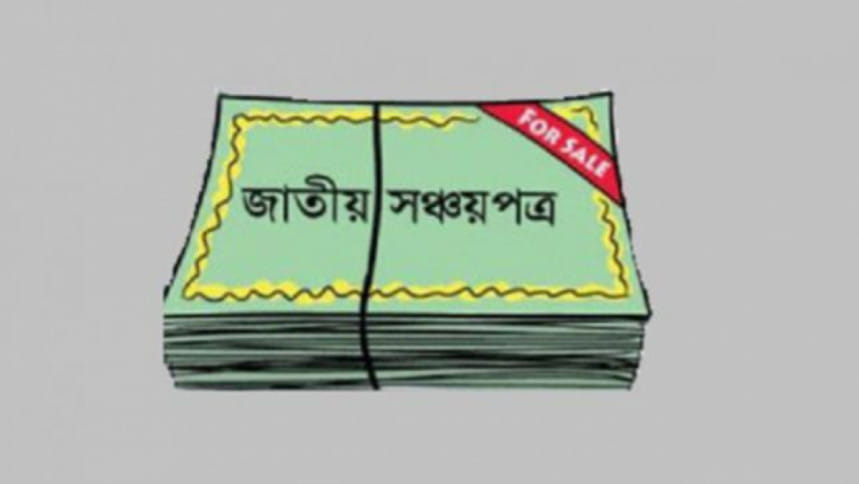Savings tool sales fall for new conditions

A retired secondary school teacher in Satkhira not entitled to pensions had planned to use a portion of other service benefits to purchase savings certificates to meet some of his family expenses with the interest income.
His wife Khadiza Khatun went to a local bank to buy Tk 12 lakh-worth savings certificates but was denied for being unable to furnish proof of submission of her income tax return.
The 50-year-old then had to file a return at the local tax office solely to make the purchase.
The condition was imposed from this fiscal year by the National Board of Revenue (NBR) for purchases of savings instruments of over Tk 5 lakh.
This, along with some other measures, discouraged many from investing in the finance ministry's savings tools which offer over 11 per cent in interest and benefit a large segment of society, especially pensioners and women.
Take the case of Abdur Rahim who retired from a private company in Dhaka.
The 60-year-old wanted to purchase savings certificates worth around Tk 85 lakh received from benefits, a deposit pension scheme and insurance maturity to bear family expenses with the interest earned.
However, this has not been possible for the government imposing a ceiling of Tk 50 lakh for the total amount of money a person can invest in savings certificates.
The overall scenario has been reflected in sales of savings certificates dipping 21 per cent year-on-year to Tk 34,934 crore in the July-November period of fiscal year 2022-23, according to the Department of National Savings.
A senior official of the department said the new rule requiring submitting proof of income tax return submission might have discouraged many from buying the savings certificates.
Besides, sales of savings instruments from the post offices have dropped as the postal department does not have enough manpower in many places to process online sales, he said.
In order to help pensioners, the department has recently submitted a proposal to the Internal Resources Division to allow them to provide interest on the investment in pensioners' savings certificates on a monthly basis instead of a quarterly basis, the official added.
Though government expenditure has not increased that much in the first four months, its borrowing from savings instruments came down 106 per cent while bank borrowing rose 32 per cent, according to Bangladesh Bank.
The central bank's data shows that the government set a target to borrow Tk 35,000 crore from savings certificates this fiscal year.
However, in the first four months, net borrowing dropped by Tk 632 crore, meaning it had repaid the amount instead of borrowing any money.
According to a Bangladesh Bank official, the total borrowing has decreased due to the decline in sales of saving certificates.
At the end of October this fiscal year, there were Tk 3,53,418 crore-worth savings certificates with people.
This figure, considering the fact that a number of savings certificates are simultaneously reaching maturity and people are being returned the principal, coupled with the downing of sales shows that the government is in a tight spot.
Md Shah Alam, director of the Department of National Savings, said the need for presenting proof of income tax return submission might have affected sales of savings certificates.
A finance minister official said the government was thinking of relaxing the regulation to boost sales.
Many people are bearing the cost of living amidst high inflation and once savings certificates were seen as a form of a social safety net, said Ghulam Rahman, president of the Consumers Association of Bangladesh.
Now it does not seem that these things are taken into consideration. It appears that the government is discouraging investment here, he said.


 For all latest news, follow The Daily Star's Google News channel.
For all latest news, follow The Daily Star's Google News channel. 



Comments